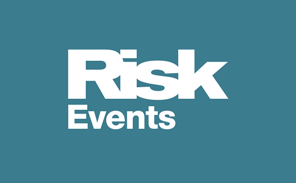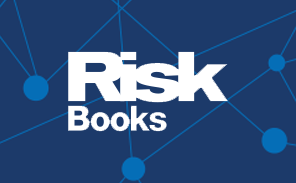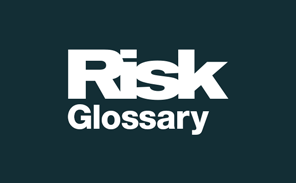KRIs and proactive risk management workshop: oversight and readiness for CPS 230 compliance
View AgendaKey reasons to attend
- Learn how to improve existing key risk indicators (KRIs)
- Identify relevant indicators for different risk types
- Manage risks from the new asset class: cryptocurrency
Customised Solutions
Does your team require a tailored learning solution on this or any other topic?
Working with the portfolio of expert tutors and Risk.net’s editorial team, we can develop and deliver a customised learning to make the most impact for your team, from initial assessment to final review.
About the course
In this highly interactive training course, participants will explore the leading practices to adopting a proactive approach to risk management and managing KRIs.
This Risk Live Australia workshop will guide participants through key sessions that will provide a holistic perspective of op risk management processes. Then, participants will gain valuable insights into effectively integrating KRIs, KCIs and KPIs into an organisation’s risk management practices. Finally, participants will learn the best practices to operate smoothly in a CPS230 environment.
Learn how to analyse risk by utilising the bow-tie analysis to successfully track patterns and common failures.
Alongside peers and the expert tutor, learn from practical case studies and exercises, and develop the skills and knowledge required to design and apply KRIs into business practices.
Pricing options*:
- Early-bird rate: save up to $800 per person by booking in advance
- 3-for-2 rate: save over $3,000 by booking a group of three attendees
- Subscriber reward: save 30% off the standard rate if you are a Risk.net subscriber
- Season tickets: save up to 60% - request price breakdown
*T&Cs apply
Learning objectives
- Achieve strategic objectives by developing KRIs
- Evaluate the metrics of an organisation’s conduct and culture
- Manage KRIs, key control indicators (KCIs) and key performance indicators (KPIs)
- Navigate the impact of artificial intelligence in the operational risk management space
- Assess third-party onboarding processes considering CPS 230
- Conduct a root-cause analysis to evaluate risk scenarios and responses
Who should attend
Relevant departments may include but are not limited to:
- Risk management
- Op risk
- Op risk modelling
- Enterprise risk
- Internal audit
- Compliance
- Governance
- Risk technology
Accreditation
Pre-reading materials
The Risk.net resources below have been selected to enhance your learning experience:
- Public enemy number one: the threat to information security
- Banks feel regulatory heat on op resilience
- Op Risk Benchmarking 2024: the banks
A Risk.net subscription will provide you access to these articles. Alternatively, register for free to read two articles.
Expand your learning
The premier meeting place for the risk community. Providing clarity and guidance on the fast-changing regulatory landscape of capital, credit and market risk, liquidity and derivates use.
Risk Journals deliver academically rigorous, practitioner-focused content and resources for the rapidly evolving discipline of financial risk management.
Risk Books are authored by leading professionals and academics. With over 150 books spanning 1,000s of chapters, our publications team is committed to connecting readers with these world class experts.
Regularly updated by our team analysts, journalists and producers, our glossary demystifies the terminology and acronyms used in risk management, risk transfer, policy, technology and innovation.



